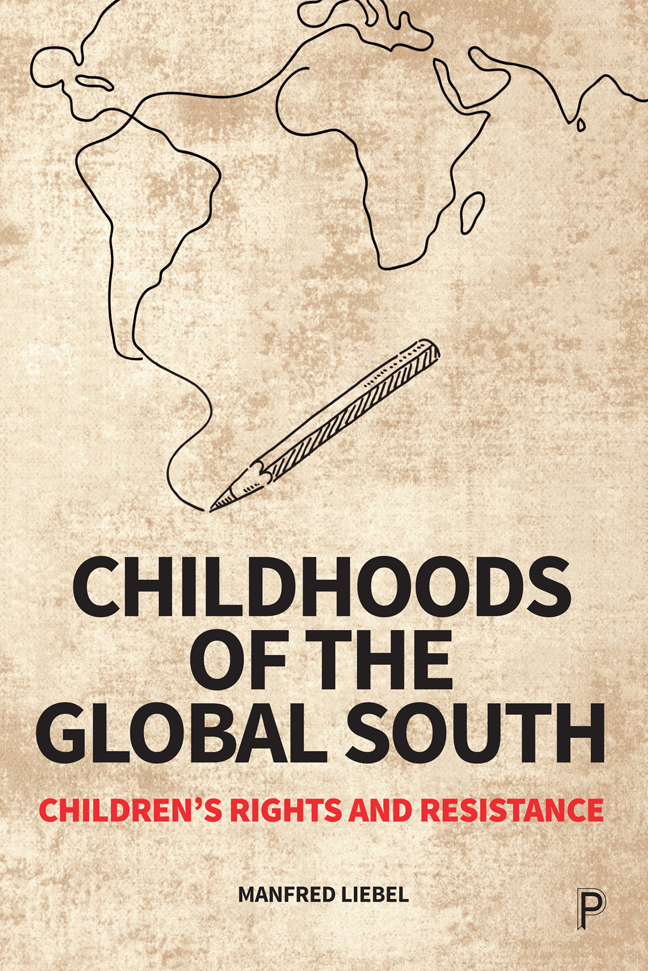5 - Adultism, children's political participation and voting rights
Published online by Cambridge University Press: 23 January 2024
Summary
Introduction
Since the UN Convention on the Rights of the Child (CRC) from 1989, children around the world have been regarded as persons with their own special rights. These include rights that are intended to enable children to influence their environment and all matters that affect them. But how far these so-called participation rights go and whether they also include political rights is disputed. They oppose social structures that nail children down to a subordinate position, which today is subsumed under the term adultism. In this chapter, we will discuss the question of how far political rights, especially the right of children to vote, can contribute to counteracting adultism and thus contribute to overcoming the colonized status of children and childhoods. This question will be discussed not only in relation to children living today, but also in relation to future generations and intergenerational justice. First, we will outline what is meant by adultism and its conflict-laden relationship with children's rights.
Adultism and children's rights
What is called adultism refers to the belittling of children by adults because of their age. Adultism is based on the unequal power and power imbalance between adults and children and is usually understood as the ‘abuse of power’ of adults over children (LeFrançois, 2014; Bell, 2018; Bergman, 2022). It often arises in the context of superiority, privilege, convenience and blanket assumptions about being a child. It can also occur between young people of different ages, to the extent that they themselves have already internalized adultist behaviours. Adultism is a specific form of discrimination. It manifests itself in derogatory behaviour towards younger people, but can also become entrenched in social, legal,and institutional structures.
The term adultism as understood today goes back to the psychologist Jack Flasher (1978). It first became widespread in the United States and became a key word in the movements for equal rights for children and young people (see Bell, 1995; Fletcher, 2015). It was taken up in other world regions only after the turn of the millennium. It is mainly used to criticize educational methods and is associated with other forms of discrimination such as racism or sexism. While initially the relational aspects and psychological implications were emphasized, today systemic aspects and socio-cultural frameworks are also given more attention and there is talk of institutionalized or structural adultism, for example.
- Type
- Chapter
- Information
- Childhoods of the Global SouthChildren's Rights and Resistance, pp. 98 - 114Publisher: Bristol University PressPrint publication year: 2023

